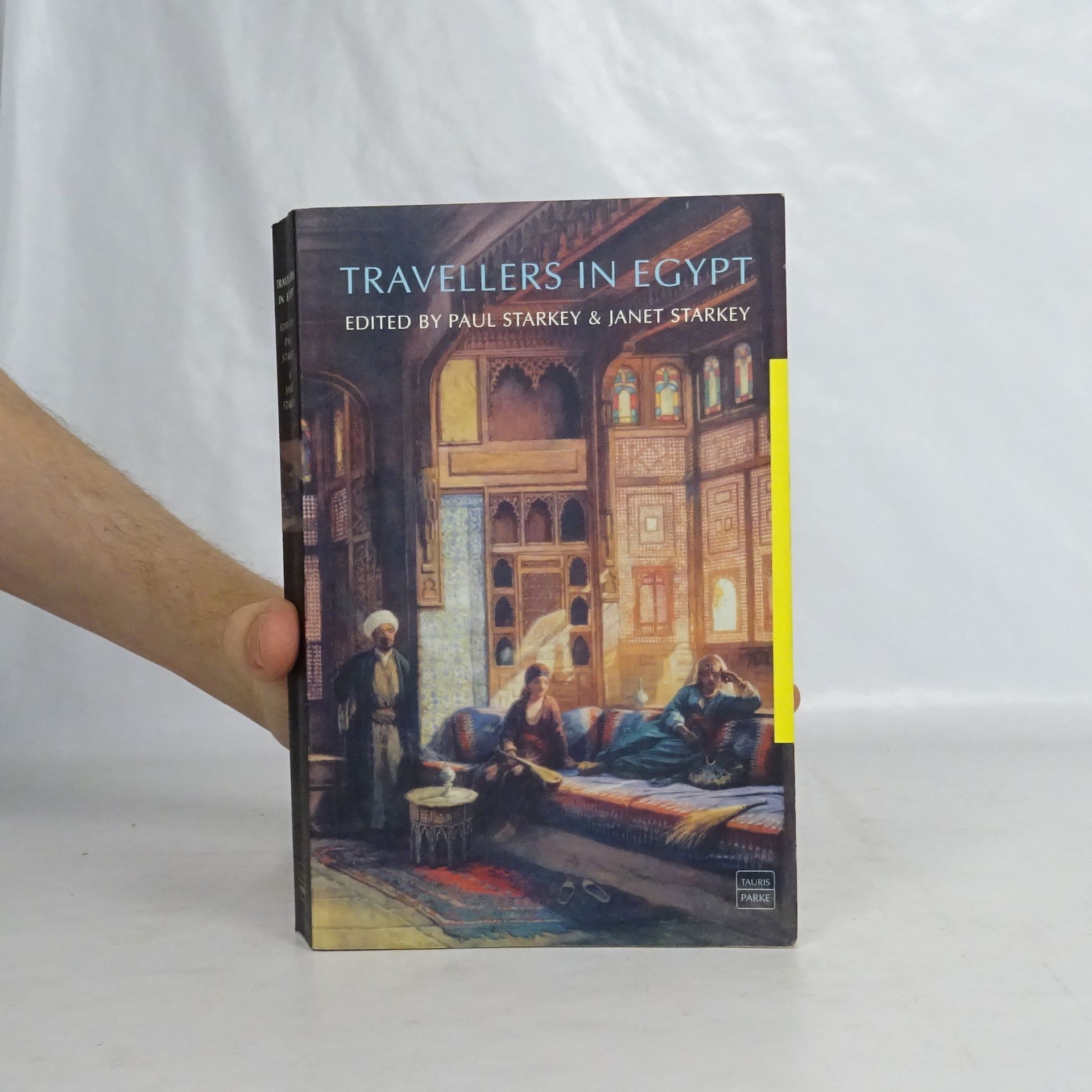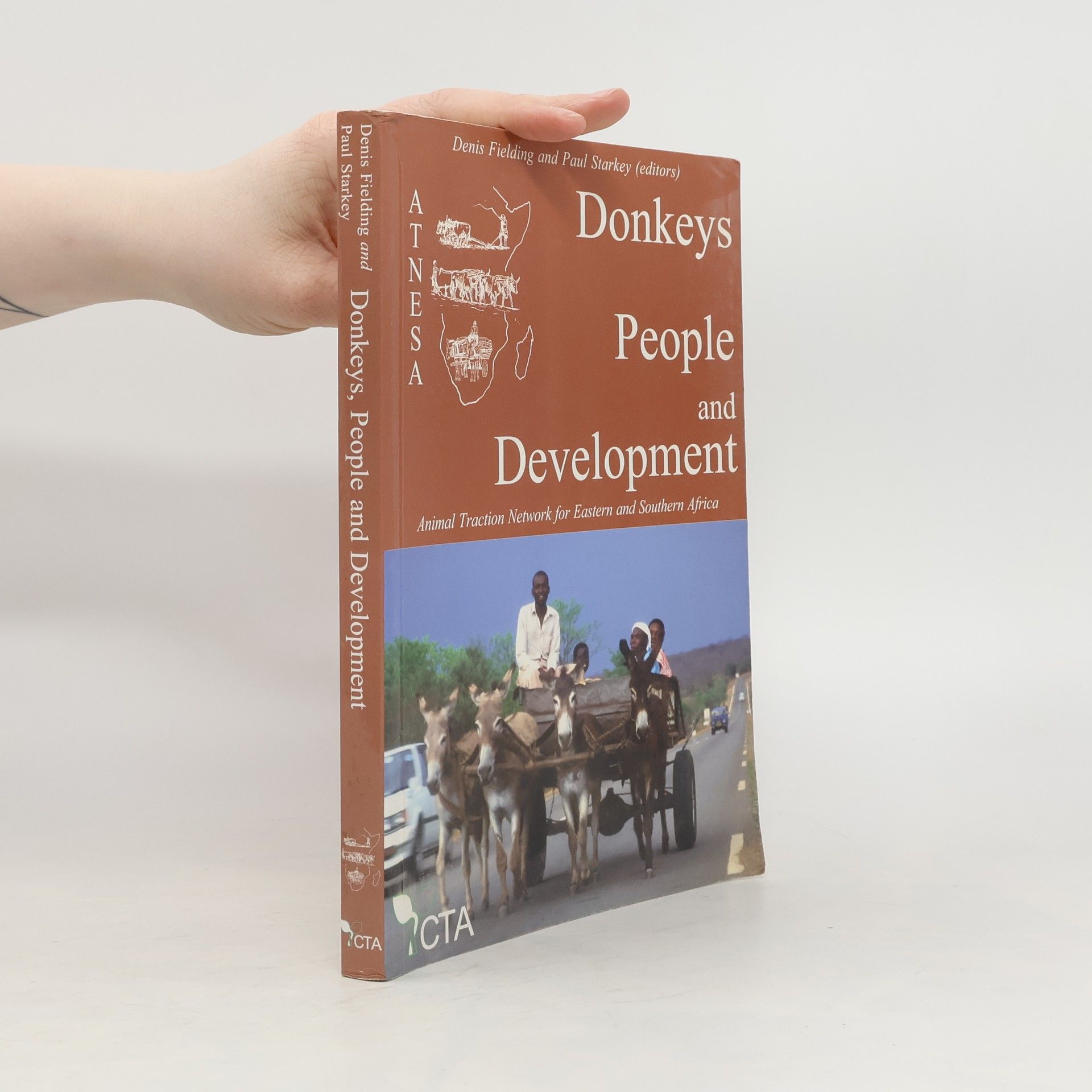Donkeys, People and Development
- 248 Seiten
- 9 Lesestunden
Paul Starkey ist ein herausragender britischer Gelehrter und Übersetzer, der für seine tiefe Beschäftigung mit der arabischen Literatur, insbesondere mit den einflussreichen ägyptischen Schriftstellern der 1960er Jahre, bekannt ist. Seine wissenschaftlichen Beiträge umfassen maßgebliche Überblicke über das Feld sowie zahlreiche Essays und Monographien, die zeitgenössische arabische Literatur beleuchten. Als produktiver Übersetzer überbrückt Starkey kulturelle Gräben und bringt fesselnde moderne arabische Romane einem globalen Publikum nahe. Seine engagierte Arbeit prägt maßgeblich das Verständnis und die Wertschätzung arabischer literarischer Traditionen.


The urge of 19th-century travelers to write down and record their experiences of Egypt has provided material of great interest and value. This large and varied collection of accounts will appeal not only to the specialist investigating the European rediscovery of ancient Egypt but also the general reader concerned with Western perceptions of the Orient. Its themes range from the contribution made to Egyptology by early travelers and the study of Egyptian society and its artistic, architectural, and literary heritage to the history and culture of European travel in the Middle East. Travellers in Egypt concludes with an examination of European influences on Egypt and a reminder that travel across the Mediterranean in the 19th century was not all from West to East.